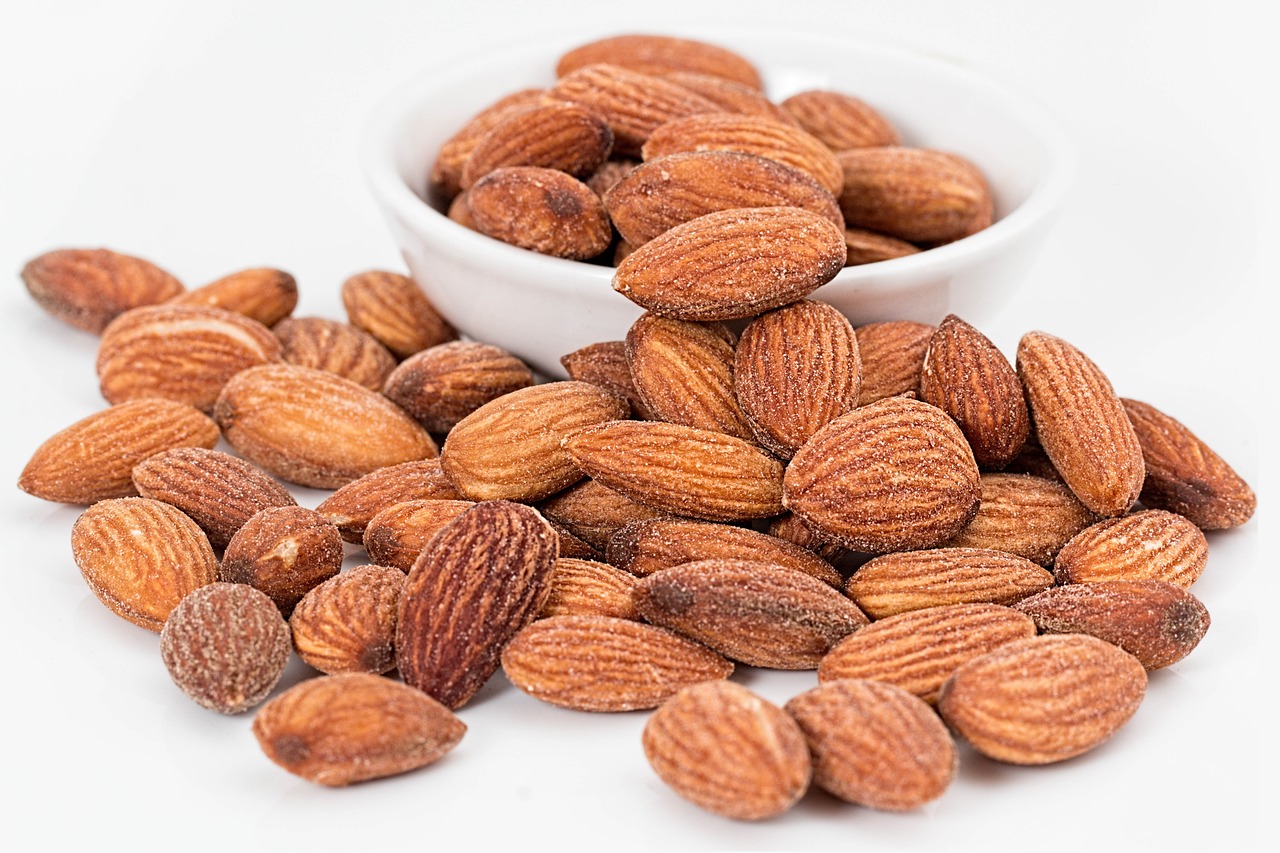Understanding Blood Sugar Control: A Comprehensive Guide
In today’s fast-paced world, blood sugar control has become a crucial aspect of overall health management. For many, particularly those with diabetes, maintaining stable blood sugar levels is vital to prevent complications and ensure quality of life. However, even for those without diabetes, understanding how to manage blood sugar can have profound benefits for energy levels, weight management, and long-term health. In this blog post, we will explore the various factors influencing blood sugar levels, effective strategies for control, and practical tips for maintaining optimal health.
The Importance of Blood Sugar Control
Blood sugar, or glucose, is the primary source of energy for our bodies. However, uncomfortable spikes and troughs in blood sugar levels can lead to serious health issues. Here’s why blood sugar control is essential:
Health Benefits
- Reduced Risk of Diabetes: Proper control can help prevent pre-diabetes from progressing.
- Weight Management: Balanced blood sugar contributes to better appetite regulation.
- Increased Energy Levels: Stable glucose levels enhance overall energy and reduce fatigue.
- Improved Mood and Cognitive Function: Fluctuating blood sugar can lead to mood swings and affect memory.
Statistics
According to the World Health Organization, over 422 million people worldwide suffer from diabetes, a condition closely linked to poor blood sugar control. Therefore, understanding and implementing effective control measures is more crucial than ever.
Factors Affecting Blood Sugar Levels
Blood sugar levels can be influenced by numerous factors, including diet, physical activity, stress, and sleep. Understanding these elements is essential for effective management.
Diet and Nutrition
- Carbohydrate intake is the most significant determinant of blood sugar levels. Foods with high glycemic index (GI) can cause rapid spikes.
- Fiber-rich foods help slow glucose absorption, promoting more stable levels.
Physical Activity
- Exercise increases insulin sensitivity, allowing cells to use glucose more effectively.
- Aim for at least 150 minutes of moderate aerobic activity or 75 minutes of vigorous activity weekly.
Stress Levels
When stressed, the body releases hormones that can raise blood sugar levels. Effective stress management techniques can help maintain control.
Sleep Quality
- Lack of sleep can disrupt hormone levels and lead to insulin resistance.
- Aim for 7-9 hours of restful sleep each night.
Effective Strategies for Blood Sugar Control
Managing blood sugar levels involves lifestyle changes and proactive measures. Here are some effective strategies:
Dietary Adjustments
- Monitor Carbohydrate Intake: Track daily carb consumption to maintain balanced levels.
- Choose Low-GI Foods: Include foods like whole grains, legumes, and most vegetables.
- Portion Control: Use smaller plates to control portion sizes, making it easier to avoid overeating.
Regular Monitoring
Use a glucometer to regularly check your blood sugar levels. This helps identify patterns and triggers.
Engage in Regular Exercise
- Incorporate aerobic and strength-training exercises.
- Consider activities you enjoy to improve consistency.
Practical Tips for Maintaining Stable Blood Sugar
Incorporating small lifestyle changes can lead to significant improvements in blood sugar control:
Meal Planning
- Plan balanced meals and snacks that include protein, healthy fats, and fiber.
- Prepare meals ahead of time to avoid last-minute unhealthy choices.
Stay Hydrated
Drink plenty of water throughout the day to support metabolic processes and maintain energy levels.
Avoid Sugary Beverages
- Limit consumption of soda, juice, and energy drinks that can cause blood sugar spikes.
- Opt for water, herbal teas, or drinks with low-calorie sweeteners instead.
Conclusion
Blood sugar control is a vital aspect of maintaining good health, whether you are managing diabetes or simply aiming for better overall wellness. By understanding the factors that affect blood sugar levels and employing effective strategies, individuals can take charge of their health. Remember, maintaining stable blood sugar levels is not just about dietary restrictions; it’s about fostering a holistic, healthy lifestyle. With proactive monitoring, appropriate dietary choices, and regular physical activity, you can enjoy greater energy, improved mood, and a reduced risk of chronic diseases. Start today, and take the first step towards better health!



